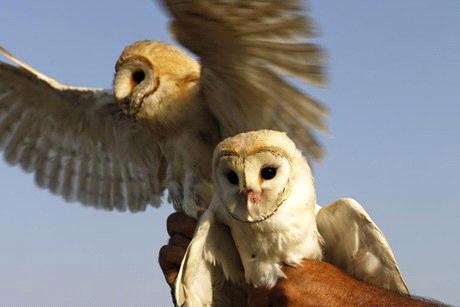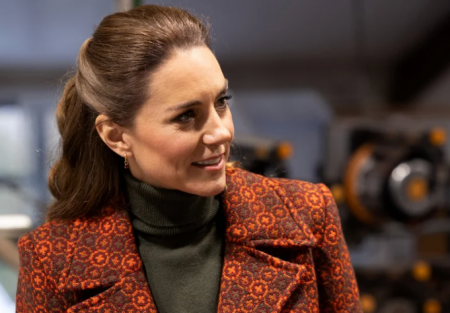Ammon News - AMMONNEWS - Seven barn owl chicks nestled together in a wooden box in Israel's Beit Shean valley are not fuzzy and cute exotic pets, but they have become functional as they are the success of a decade-long project to use their species as biological pesticides.
In 2002, Jordanian and Israeli farmers wanted to end the use of poisons and toxic pest controls but still needed a way to safeguard their products from rats and mice.
The farmers, along with Israel's Society for the Protection of Nature and Jordan's General Mansour Abu-Rashid, began placing nesting boxes where the barn owls would breed in, up to 2,600 boxes in fields on the Israeli side of the border, hundred which are used by Jordanian farmers.
According to Ornithologist Dr. Motti Charter from Haifa University, around ten years would pass until an Israeli male owl and Jordanian female owl coupled up and bred.
"For them, they don't know that the border is here and they probably met, you know, not like people at a bar or something like that, they met one night and decided to have that they fell in love and they started a nest here," Charter said. "The whole concept is that, you know, it doesn't matter if it's Jordanian or Israel, they're barn owls. And for us it's a great success story because it shows, because of the Jordanians started thinking differently, started using the barn owls, they succeeded."
Beit Shean valley is home to the world's largest population of barn owls. There are 25,300 pairs per square kilometer and each consumes 2000 to 6000 rodents each year.
The Israeli-Jordanian project promotes the replacement of pesticides with the owls, which in turn decreased chemical damage to the environment as well as conserve the natural habitat. Abu Rashid and colleague Israeli Professor Yossi Leshem at Tel Aviv University voiced their enthusiasm on the concept.
"I feel it's a very good project, not just for the environment and for the agriculture but also to bring people together from the two countries, to work as a researcher, to work together," Abu Rashid said in Tel Aviv.
"This is really a celebration that it works. And some people already ask me: 'Yossi, what will happen? How will be the chicks? They'll be Muslim or Jewish?'. I told them 'They don't give a damn on this. These are birds. They don't care about borders, they just live here, they have now all the facilities," added Leshem.
Neighbor conflicts aside, Charter says nature conservation should be done in cooperation due to geographic proximity.
"I think for a nature conservation and agriculture this is a great project. But politically, I leave the politics out because politics are much more complicated than barn owls and nature," Charter said.
The Palestinian Authority recently launched a similar project to use the owls as biological pesticides.
* Al Arabiya

